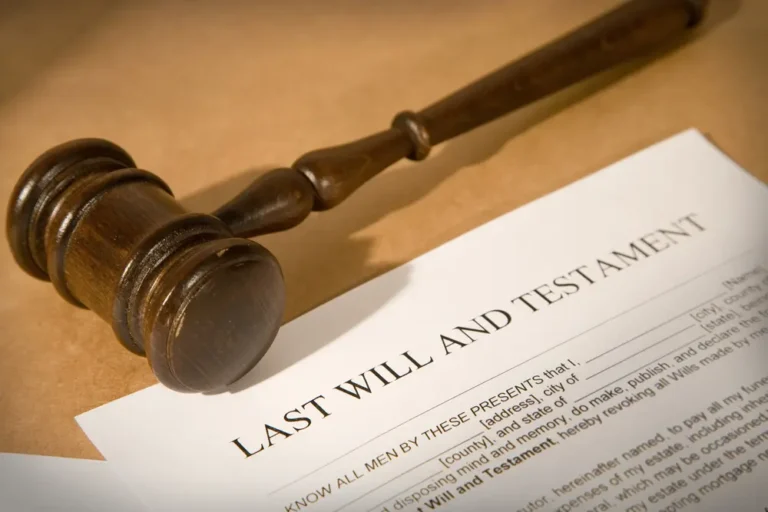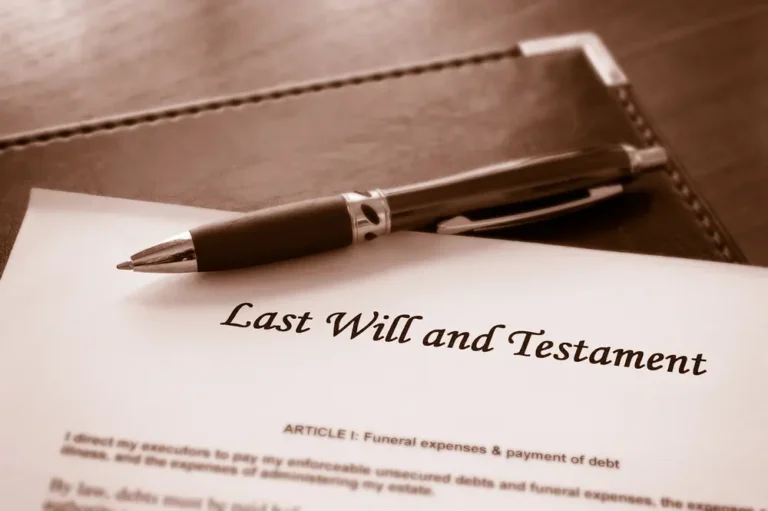Undue Influence: What Do I Need to Know?~2 min read

A case about undue influence that is still talked about in Texas and around the country, began in Houston in 1994 when Vickie Lynn Marshall, known to the public as Anna Nicole Smith, age 26, married Texas billionaire, J. Howard Marshall, age 89. Just 14 months later, the billionaire died. And to Smith’s surprise, she was left out of the will.
Thus began 15 years of litigation. Smith sued the estate, claiming that J. Howard’s son, E. Pierce Marshall, used undue influence on his father to convince the elderly billionaire to leave her out of the will. The case made its way through several Texas state courts, California courts, and all the way to the Supreme Court. Ultimately, Smith lost. A Texas probate court’s ruling that E. Pierce had not used undue influence against his father was upheld.
Elements of Undue Influence
In 1963, the Texas Supreme Court discussed undue influence in detail. See Rothermel v Duncan. The Court commented that it takes more than showing the person accused of undue influence discussed the change of the will with the decedent, and that each case turns on its own facts. But some elements must be proven by a preponderance of the evidence. Those elements are:
- The existence of an exertion or influence.
- The effective operation of such influence that it succeeded in overpowering the mind of the decedent at the time of the execution of the will.
- The execution of the will would not have been made in that manner except for the undue influence.
The Texas Supreme Court added some other factors for each court to consider when evaluating whether the above elements have been met.
Factors to Consider in Determining if the Elements Have Been Met
Additional factors courts may consider include the following, but the Texas Supreme Court said the evaluation should not be limited to these factors and all do not need to be met. These are guidelines, not requirements.
- The type of relationship each person involved in the litigation had with the decedent.
- The opportunity the person had to have exerted undue influence.
- The motive of each person involved in the litigation. Both the one alleged to have exerted undue influence and the one who claims there was undue influence.
Attorney Aubry Dameron at Springer & Lyle can answer questions you have regarding wills, probate and undue influence. Contact her at 940-370-4033 to schedule an appointment for a consultation.







